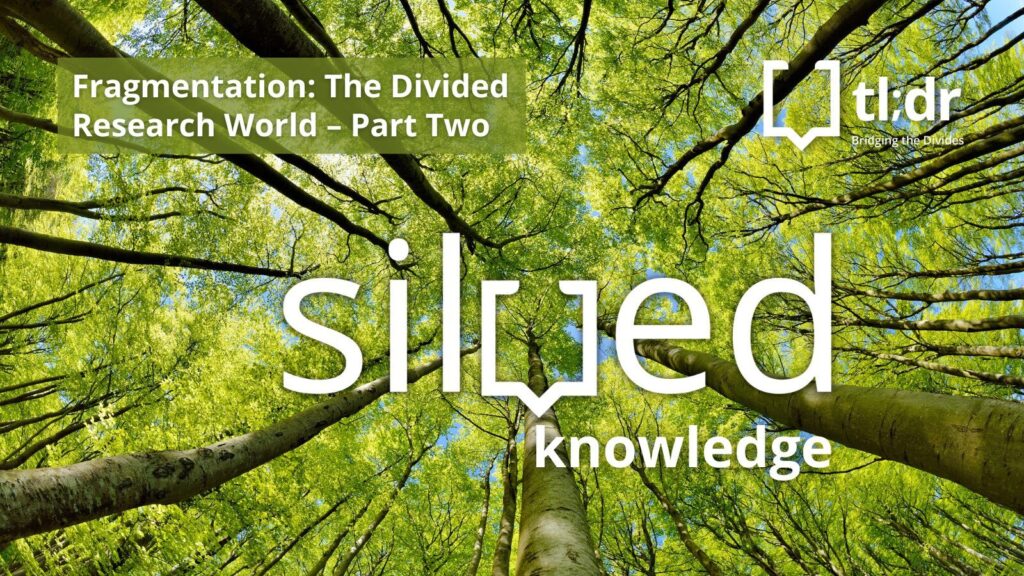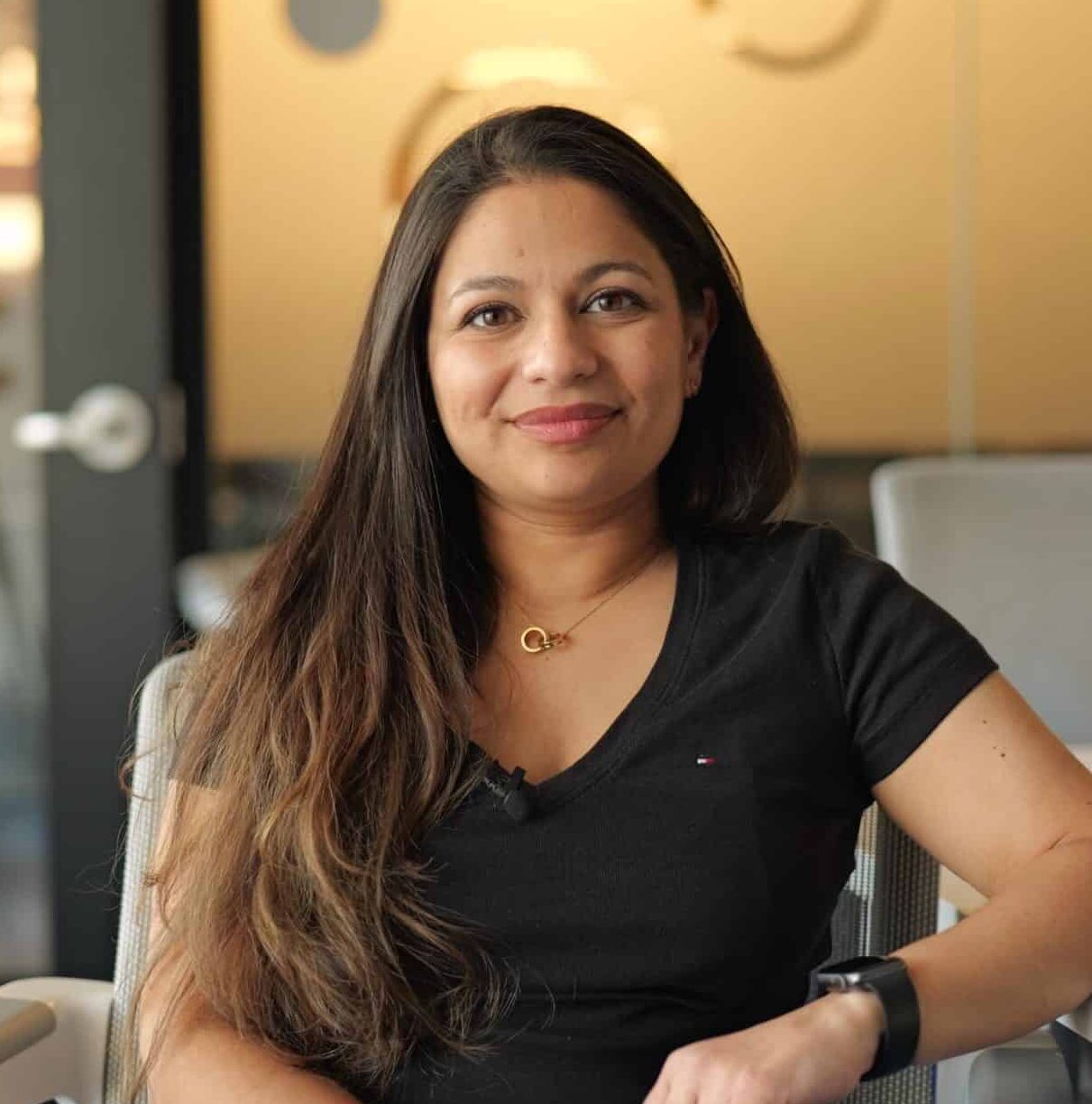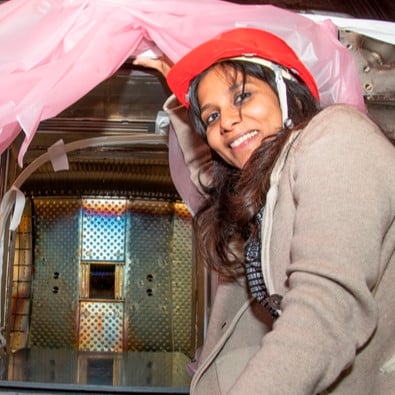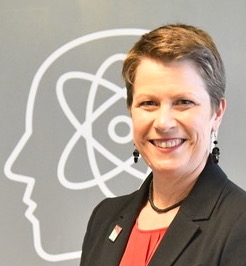
January 2024 marks the start of the second phase of our ‘Fragmentation of Research’ Campaign with a focus on the sub-theme, ‘siloed knowledge’. We will explore the fragmentation of research from the viewpoint of those areas of research where a lack of integration reveals instances where research findings remain isolated, limiting their broader applicability across the research ecosystem. We will focus on a number of salient areas which have particular relevance for Digital Science. For example, Figshare’s recently published eighth State of Open Data 2023 Report offering a snapshot of open research trends year on year, calls attention to, amongst other issues, researchers making their data publicly available and where subject differences reveal that sharing data is not the norm for all researchers – remaining siloed either according to the discipline or the format.
Today’s modern and connected world still retains many aspects of fragmentation across the research lifecycle and amongst the different stakeholder groups from academia to research organisations, research funders, governments and business, each are delicately networked and none are immune to the effects of fragmentation. Looking at the flow of information in the different research environments and the approaches taken to break down silos, thereby improving research outcomes, can differ markedly. Take, for example, the different platforms used to handle different parts of the research lifecycle, in many cases they do not ‘talk’ to each other, operating in a siloed manner. An unintended consequence of this is the duplication of effort that ensues
In academia, siloed knowledge is a natural outcome of being expert in a subject area attached to a discipline, and where it is the norm to communicate with others who hold similar views and which often leads to a research collaboration. In this way, and for this reason, academics are often placed in silos. For example, economists collaborate with other economists, engineers collaborate with other engineers and so on, and they are only unified through interdisciplinary approaches, bringing disparate disciplines together to work towards a common goal of bringing the different disciplines together. Individual academics staying in their discipline throughout their career or those that change discipline frequently (foxes and hedgehogs, respectively) have an effect on collaborative patterns and interdisciplinarity.
We will also look at the fragmented nature of research knowledge and the gaps that form as a result of silos, as well as the promotion of cross-disciplinary collaboration providing useful insights in how to define research knowledge gaps and how they can be filled. From a methodological perspective we might see gaps in the availability of data, code or full research results to enable the replicability of a research project, or in the declaration of conflicts of interest – all of which fall under the banner of research integrity.
Siloed knowledge will be explored as an aspect of Artificial Intelligence, which we might consider to be one of the most pressing knowledge issues today. Asking questions such as whether AI can overcome siloed knowledge or whether it does in fact create silos or indeed cement existing silos, and how and if siloed knowledge correlates and interacts with AI. With the advent of chatbots, Large Language Models (LLMs) and supporting tools (writing, analysing, and coding, to name but a few) we will investigate the state of research knowledge underpinning AI and put a lens on potential future areas of diversified knowledge and its use in day-to-day technologies (and use in academic research life cycle).





























